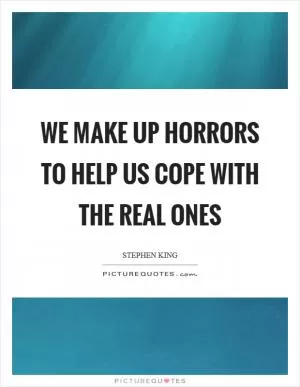The sad truth is that most evil is done by people who never make up their minds to be good or evil

The sad truth is that most evil is done by people who never make up their minds to be good or evil
Hannah Arendt, a prominent political theorist and philosopher, delved deeply into the nature of evil and the actions of individuals who commit heinous acts. In her work, she explored the concept that most evil is not carried out by inherently evil individuals, but rather by those who fail to make a conscious decision to be good or evil. This idea challenges the traditional notion of evil as something that is inherent in certain individuals, suggesting instead that it is a result of a lack of moral clarity and responsibility.Arendt's perspective on evil is particularly relevant in today's world, where we often see individuals committing acts of violence and cruelty without fully understanding the consequences of their actions. Many of these individuals may not see themselves as inherently evil, but rather as misguided or influenced by external factors. This lack of moral clarity and accountability can lead to devastating consequences, as seen in the atrocities committed during the Holocaust and other genocides throughout history.
One of the key concepts that Arendt explores in relation to evil is the idea of banality. She famously coined the term "the banality of evil" to describe how ordinary individuals can become complicit in acts of great evil through their inaction or indifference. This concept challenges the notion that evil is always the result of malicious intent, suggesting instead that it can arise from a lack of moral courage and conviction.
Arendt's work serves as a powerful reminder of the importance of moral responsibility and the need for individuals to actively engage with their own ethical beliefs. By failing to make a conscious decision to be good or evil, individuals risk becoming complicit in acts of evil without even realizing it. This idea challenges us to reflect on our own actions and beliefs, and to strive for greater moral clarity and accountability in our lives. Ultimately, Arendt's exploration of the nature of evil serves as a powerful call to action for individuals to take responsibility for their actions and to strive for a more just and ethical world.












 Friendship Quotes
Friendship Quotes Love Quotes
Love Quotes Life Quotes
Life Quotes Funny Quotes
Funny Quotes Motivational Quotes
Motivational Quotes Inspirational Quotes
Inspirational Quotes